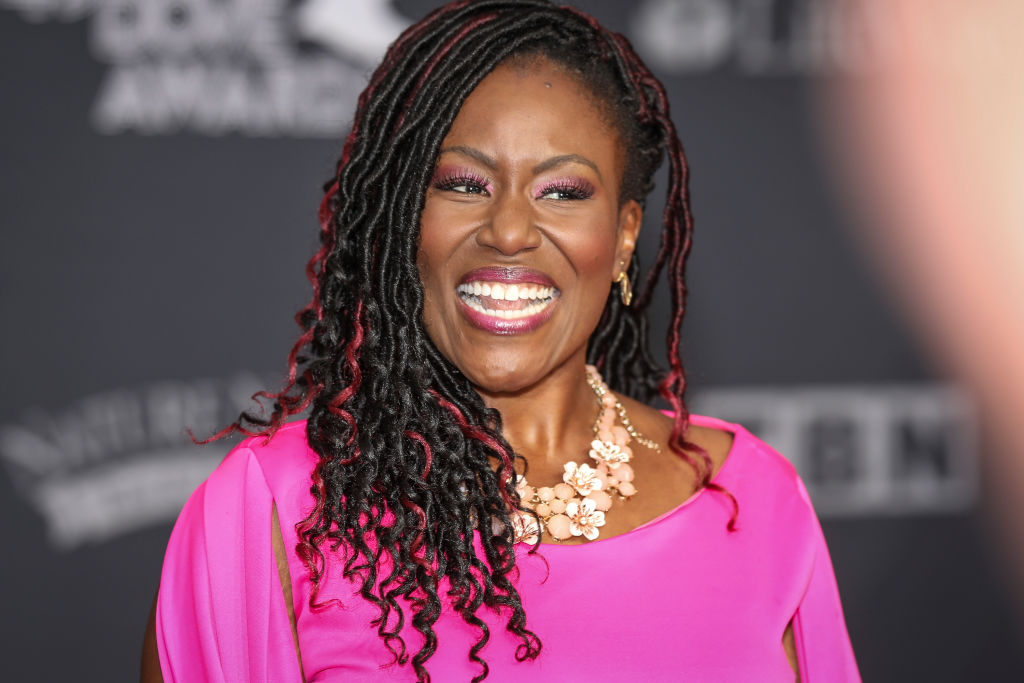Do you weigh more than you did ten years ago, or even five years ago? The extra pounds snuck up on you, accumulated gradually before you even realized it, and now you’re looking at some serious extra poundage. But that’s to be expected as you get older, right?
Wrong.
Celebrate Your Health! LIKE BDO on Facebook!
Putting on excess weight is very common for a number of reasons, but it’s not necessarily an inevitable part of the aging process — as it could put your health at risk. If you understand why you tend to gain weight more easily as you get older, you can do something about it before it becomes a problem for your health.
You can blame a lot of your weight gain on your metabolism. Beginning as early as your mid-twenties, body fat begins to increase while muscle mass decreases. And less muscle mass translates into a slower metabolic rate. Muscle mass decreases from about 45 percent of your total body weight in your youth to about 27 percent by the time you reach age 70. And the drop in hormones that accompanies menopause also precipitates a decrease in muscle mass, triggering even more weight gain for women. Your body fat, meanwhile, can double, even if your weight remains the same.
The bottom line is that you burn fewer calories in your 50s, 60s, or 70s doing the same activities, and the same number of them, that you did in your 20s, 30s, or 40s. The key to preventing weight gain is to compensate by adjusting your food intake, exercising, and generally becoming more physically active.
Now that you have made the decision to lose weight, it’s time to figure how much weight you need to lose.
Demystifying Food
Before you can take control of your eating habits, you have to take away the power that food has over you. In the process, you can begin to look at what you put on your plate as a positive power instead of an evil force over which you’ve lost all control.
- Think moderation, not elimination. Figure out what’s important and what’s not. Learn to eat less of the high-fat, high-calorie foods you enjoy the most. Knowing you can still look forward to your favorite foods makes the process something you can live with for a lifetime.
- Eat regularly in response to real hunger. Learn to listen to your body’s cues. By eating healthful, balanced meals and snacks when you’re hungry, you’re less likely to get caught up in out-of-control eating that you’ll regret later.
- Say good-bye to calorie counting. Switch your focus from calories to good nutrition. Make your healthful eating changes gradual, so you don’t get overwhelmed.
- Picture portions. It’s hard to manage your food intake if you don’t have a clue what a 1/2 cup serving of pasta looks like or what a 6-ounce glass of juice is. When you start out, measure your food until you’ve learned to judge portion sizes accurately. If portion sizes start creeping back up, return to measuring and weighing for a while.
- Disconnect with the scale. Don’t focus on a number, instead use how you feel and the way your clothes fit to measure success. If you just can’t give up the scale, make your weigh-ins less frequent. Weighing yourself once a week is adequate.
Assessing Your Weight as a Senior
The best way to determine if you’re carrying around too much weight (and probably not enough muscle) is to calculate your body mass index (BMI). BMI is just one indicator of good health, but it’s a good place to start. A lower BMI indicates you’re more likely to be healthy.
Here’s how to figure your BMI:
1. Weigh yourself first thing in the morning, without clothes.
2. Measure your height in inches.
3. Multiply your weight in pounds by 700.
4. Divide the answer in #3 by your height.
5. Divide the answer in #4 by your height again.
6. The answer in #5 is your BMI.
What Your BMI Means:
* 18.5 or less is underweight
* 18.5-24.9 is a healthy weight
* 25-29.9 is overweight
* 30 or more is obese
Knowing how many calories you need each day is another important piece of information that will help you manage your weight. Most experts say that 2,000 to 2,600 calories a day should meet the energy needs of men older than 50 who are lightly to moderately active.
For women over 50 who are lightly to moderately active, 1,600 to 1,800 calories a day should do it. However, these are just ballpark figures. Individual calorie needs can differ greatly depending on muscle mass, physical activity, and genetic differences.
While it’s true that the more calories you cut, the quicker you’ll lose, don’t make the mistake of cutting back too much. If you go too low (below 1,600 calories a day), you won’t get enough nutrients, you’ll be fatigued, and your body will simply compensate by slowing its metabolic rate even further so that each calorie is used as efficiently as possible.
A slower metabolic rate means that your food sacrifices won’t amount to the weight loss you expected: You’ll have sacrificed for little reward. For men: Multiply your goal or ideal weight by 13.5 to get your daily calorie needs. For women: Multiply your goal or ideal weight by 13.2 to get your daily calorie needs.
Getting More Physical Activity as a Senior
If you’re determined to succeed at losing weight, simply cutting calories won’t guarantee success. Physical activity is as essential to achieving long-term weight loss as a healthful diet, according to the National Institutes of Health (NIH). By themselves, neither exercise nor diet can get you to your goal as effectively or as fast as the two of them can together. That’s especially true for people over age 50.
Not only is physical activity essential for weight-loss success, the NIH says it’s an important factor in maintaining your weight once you’ve lost the extra pounds. Take comfort in the NIH’s use of the words “physical activity,” not “exercise.”
The message is that you can win the weight-loss game with many different kinds of physical activity. You don’t have to do killer aerobics and lift heavy weights at a gym to drop pounds and keep them off. But you do have to do something, and you have to do it regularly.
Weight Loss & Healthy Aging was originally published on blackdoctor.org















